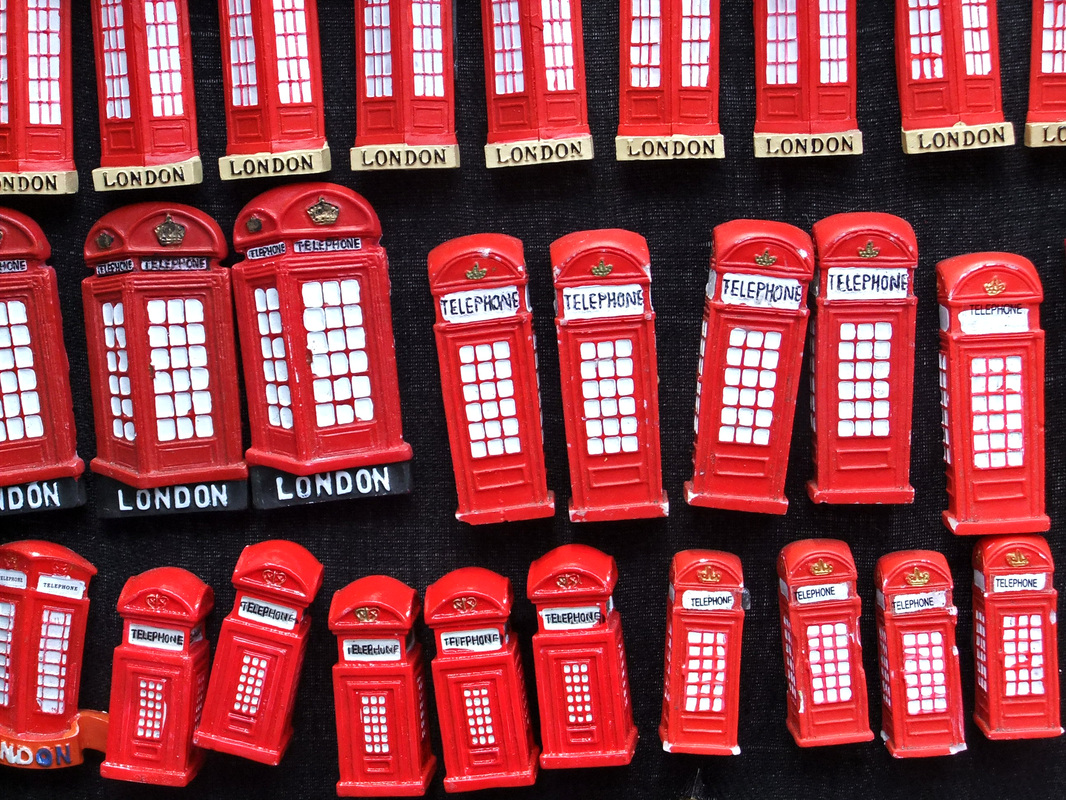Thank you to all of you for participating in the English Conversation Walk around the St Paul's area. We were so lucky with the weather and the most rain we got, was a few spots!
Below, is some of the vocabulary that we went over together in the pub at the end.
I look forward to seeing you all again soon.
Best Wishes
Gail
Vocabulary: Heroes and executions – Wednesday 31st August 2013
To drown (verb): To die in water because it’s not possible to breathe. E.g. the boy fell in the river and drowned.
To sink (verb) (pt sank pp sunk): a) to go down or make something go down under the surface of water (or other liquids). E.g. the little girl put her paper boat on the pond and watched it sink.
b) to be sunk (expression): When something bad has happened to you and you feel hopeless. E.g. He lost all his money and now he feels sunk.
steep (adjective): a) (used about a hill, mountain etc). When a hill rises or falls quickly, at a sharp angle. E.g. Snow Hill is the highest hill in the City of London but it’s not very steep!
b) to be steeped in something (adj): having a lot of something, full of something. E.g. London is steeped in history.
steeple (noun): The tower on the roof of a church.
A barrel (noun): a) A large, round, wooden (or plastic or metal) container used for liquids. It has a flat top and bottom and is wider in the middle. E.g. In the 18th century, a gang called the Mohock Gang kidnapped elderly women and placed them in a barrel. Then they rolled the barrel downhill!!
b) a barrel of laughs (idiom): If someone is a barrel of laughs, they are always making jokes and you find them very funny.
c) roll out the barrel (informal): Originally a popular song from World War Two. Today, it’s used when a group of people plan to drink a lot of alcohol and they say: ‘Come one, roll out the barrel!’
a pub crawl (noun): When a group of people go from one pub to another and have a drink in each one.
hodgepodge (noun): The same as mishmash.
a barrow (noun): A small thing on two wheels on which fruit, vegetables etc are moved or sold in the street, especially in a market.
a deck (noun): a) a floor on a ship or bus.
b) on deck: on the part of the ship which you can walk on outside.
c) a deck of cards: a pack of cards.
d) a double-decker bus: a bus with a downstairs and upstairs.
e) a deckchair (noun): A chair that you use outside, especially on the beach. E.g. we saw some deckchairs in one of the squares that we walked through. Business people were sitting in them eating their lunch.
a high chair (noun): A special chair with long legs and a little seat and table. It’s for a small child to sit in when eating.
stationery (noun): writing and other office materials e.g. envelopes, paper, pens, paper etc.
stationary (adjective): When something is not moving, it is ‘stationary’. E.g. the car was stationary when the accident happened.
A slum (noun): An area of a city where living conditions are extremely bad, and where the buildings are dirty and haven’t been repaired for a long time.
To shadow (verb): To follow and watch somebody’s action. E.g. the police shadowed the suspect for three days.
Cutlery (noun): The knives, forks and spoons that you use for eating food.
Grade I listed and Grade II listed: A listed building in the UK is a building that has been placed on the Statutory List of Buildings of Special Architectural interest. They are protected by law. Some open land in the UK is also listed and, therefore, protected.
 RSS Feed
RSS Feed
